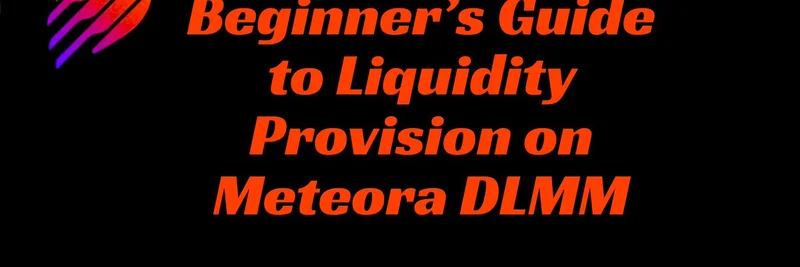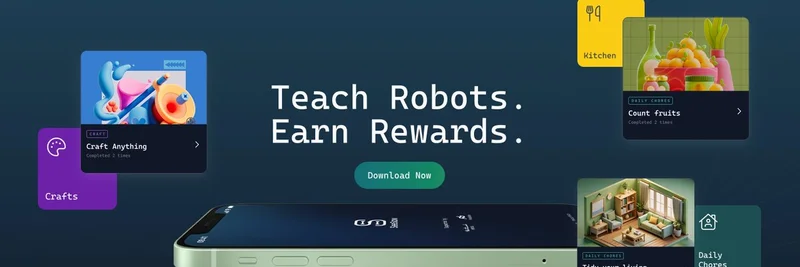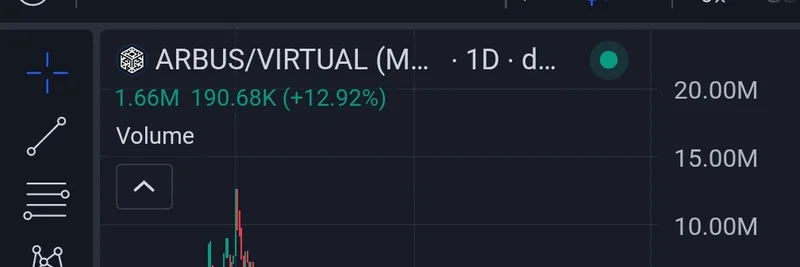If you're new to the world of decentralized finance (DeFi) on Solana and keep hearing about Meteora's DLMM, you're in the right place. Recently, Meteora announced their $MET airdrop and exciting updates to their DLMM features, sparking a wave of interest. But what exactly is DLMM, and how can beginners get started with providing liquidity? This guide breaks it down simply, based on a helpful thread from crypto enthusiast Jaypee on X.
DLMM stands for Dynamic Liquidity Market Maker, a smart way to handle liquidity pools on platforms like Meteora. Unlike traditional pools, DLMM allows for more efficient trading by adjusting liquidity dynamically. In essence, a DLMM pool pairs one or two tokens for trading. When you provide liquidity, you're adding your tokens to this pool. As traders swap between them, you earn a share of the fees generated from those trades.
Getting Your Setup Ready
Before diving in, you'll need a few essentials:
- A Solana-compatible wallet like Phantom, Solflare, or Backpack.
- Some SOL for transaction fees (gas).
- The tokens you want to use, such as SOL paired with USDC.
- An extra ~0.058 SOL for rent, which gets refunded when you close your position.
These basics ensure you're prepared without any surprises.
Choosing Your Volatility Strategy
Meteora's DLMM offers different strategies to match market conditions:
- Spot: Distributes liquidity evenly across bins. This is great for beginners as it's straightforward and balanced.
- Curve: Focuses liquidity near the current price, ideal for stable token pairs where prices don't swing wildly.
- Bid-Ask: Helps with dollar-cost averaging (DCA) in or out of positions and captures volatility effectively.
For newbies, starting with the Spot strategy keeps things simple while you learn the ropes.
Step-by-Step: Setting Up Your DLMM Pool
Here's how to create your first position on Meteora:
- Head over to the Meteora Pools page and connect your wallet.
- Select a pool – beginners should try something stable like SOL-USDC.
- Deposit your chosen tokens into the pool.
- Create a position by picking your strategy (Spot is recommended for starters).
- Confirm the transaction in your wallet.
- Keep an eye on your position through the portfolio tab on the site.
It's that straightforward! Once set up, your liquidity starts working for you as trades happen.
Pro Tips for Success
To make the most of your DLMM experience:
- Start small: Don't commit all your funds at once; test with a modest amount.
- Stick to Spot as a beginner to avoid complexity.
- Join bootcamps or watch recordings for deeper insights.
- Explore resources like LP Army for free, in-depth knowledge on liquidity provision.
- Remember, fees are only earned when your liquidity bin is active and in use.
These tips can help you build confidence and optimize your returns.
Understanding the Risks
Like any DeFi activity, providing liquidity comes with potential downsides:
- Impermanent Loss (IL): Price changes can lead to losses compared to just holding tokens. Pair correlated assets to minimize this.
- Out-of-Range Positions: If the price moves away from your range, you stop earning fees until it returns.
- Always do your own research (DYOR) to understand the tokens and market conditions.
Being aware of these helps you make informed decisions.
This guide draws from Jaypee's insightful thread on X, which is a fantastic starting point for anyone entering the LP Army. As Meteora continues to innovate with DLMM, opportunities in the Solana meme token space are heating up. Whether you're looking to earn passive income or deepen your blockchain knowledge, liquidity provision could be your next step. Stay tuned for more updates and guides right here on Meme Insider!




